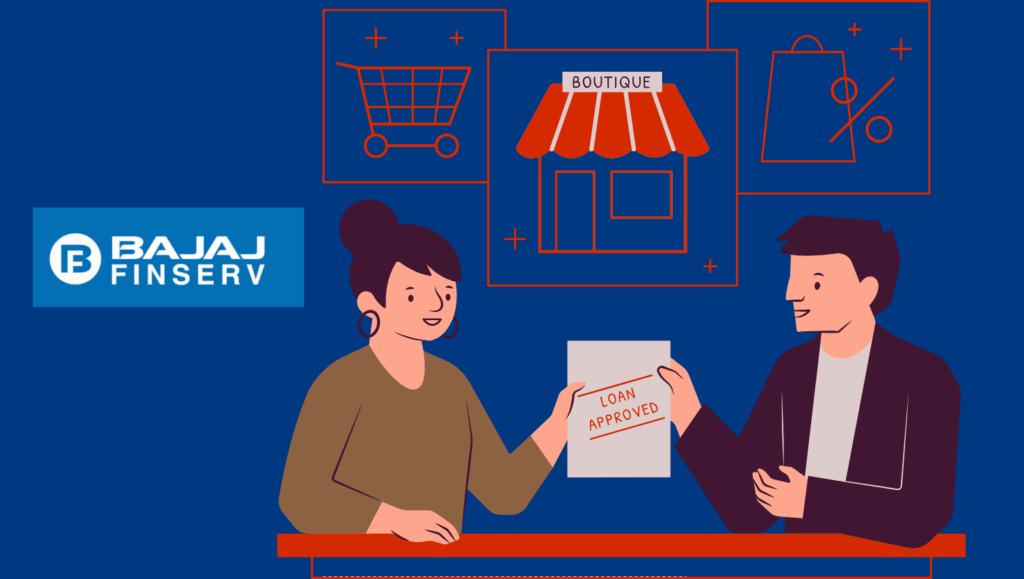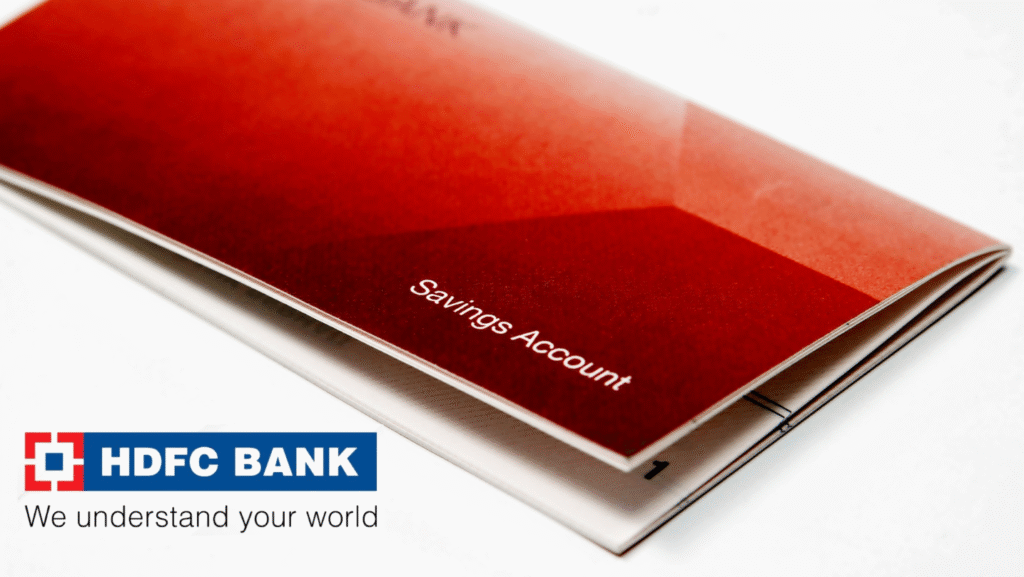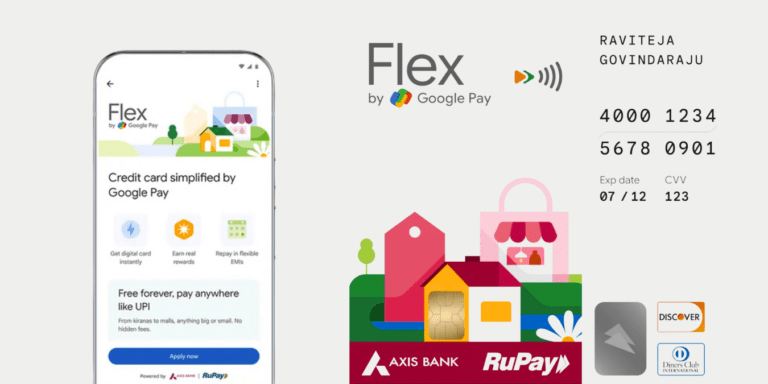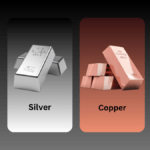
“The key differences between charge cards and credit cards, their pros and cons, and who should use them. Learn about the latest trends, SEO tips, and how to choose the right card for your financial needs. Perfect for high-income earners and financially disciplined spenders.”
In the world of personal finance, understanding the various types of payment cards available is crucial for making informed decisions. Two common types of cards are charge cards and credit cards. While they may seem similar at first glance, they have distinct features and benefits that cater to different financial needs. In this comprehensive blog post, we will explore what charge cards are, how they work, and how they differ from credit cards. We will also delve into the latest data and trends in the industry, providing you with a thorough understanding of these financial tools.
They offer convenience, security, and a range of benefits that make managing finances easier. Among the various types of payment cards, charge cards and credit cards are two popular options. Understanding their differences can help you choose the right card for your financial needs.
How to Choose Between a Charge Card and a Credit Card
When deciding between a charge card and a credit card, consider the following factors:
- Spending Habits: Do you pay off your balance monthly or carry a balance?
- Financial Goals: Are you looking to build credit or avoid debt?
- Lifestyle Needs: Do you value premium perks or everyday rewards?
- Credit Score: Charge cards typically require excellent credit.
What Are Charge Cards?
Definition and Overview
A charge card is a type of payment card that requires the cardholder to pay off the balance in full each month. Unlike credit cards, charge cards do not have a preset spending limit, allowing for greater flexibility in spending. However, this flexibility comes with the responsibility of paying the entire balance by the due date to avoid penalties and fees.
How Charge Cards Work
Charge cards function similarly to credit cards in that they allow you to make purchases and pay for them later. However, the key difference is that charge cards must be paid off in full each month. There is no option to carry a balance from month to month, and failure to pay the full balance can result in significant fees and penalties.
Benefits of Charge Cards
- No Preset Spending Limit: Charge cards typically do not have a preset spending limit, providing cardholders with greater flexibility in their spending.
- Generous Rewards and Perks: Many charge cards offer attractive rewards programs, including cashback, travel points, and exclusive access to events.
- No Interest Charges: Since the balance must be paid in full each month, there are no interest charges on charge cards.
Drawbacks of Charge Cards
- High Annual Fees: Charge cards often come with high annual fees, which can be a drawback for some users.
- Strict Payment Requirements: The requirement to pay the full balance each month can be challenging for those who prefer to carry a balance.
- Limited Availability: Charge cards are less common than credit cards and may not be as widely accepted.
What Are Credit Cards?
Definition and Overview
A credit card is a type of payment card that allows cardholders to borrow funds up to a certain limit, known as the credit limit. Cardholders can make purchases and pay off the balance over time, either in full or through minimum monthly payments. Credit cards charge interest on any unpaid balance carried over from month to month.
How Credit Cards Work
Credit cards provide a revolving line of credit, meaning you can borrow funds, repay them, and borrow again as long as you stay within your credit limit. Each month, you receive a statement detailing your purchases, the total balance, and the minimum payment due. You can choose to pay the full balance, the minimum payment, or any amount in between.
Benefits of Credit Cards
- Flexibility in Payments: Credit cards offer the flexibility to carry a balance and make minimum payments, which can be helpful in managing cash flow.
- Wide Acceptance: Credit cards are widely accepted by merchants around the world, making them a convenient payment option.
- Rewards Programs: Many credit cards offer rewards programs, including cashback, travel points, and discounts on purchases.
Drawbacks of Credit Cards
- Interest Charges: Carrying a balance on a credit card can result in high-interest charges, which can add up over time.
- Potential for Debt: The ability to carry a balance can lead to overspending and accumulating debt if not managed responsibly.
- Fees: Credit cards may come with various fees, including annual fees, late payment fees, and foreign transaction fees.
How to Choose Between a Charge Card and a Credit Card
When deciding between a charge card and a credit card, consider the following factors:
- Spending Habits: Do you pay off your balance monthly or carry a balance?
- Financial Goals: Are you looking to build credit or avoid debt?
- Lifestyle Needs: Do you value premium perks or everyday rewards?
- Credit Score: Charge cards typically require excellent credit.
Key Differences Between Charge Cards and Credit Cards
Here’s a detailed comparison of charge cards and credit cards to help you understand their key differences:
| Feature | Charge Cards | Credit Cards |
| Spending Limit | No preset spending limit (but not unlimited; spending is based on creditworthiness and payment history). | Predefined credit limit based on credit score and income. |
| Balance Carrying | Must pay the full balance in full every month. | Can carry a balance from month to month, paying interest on the unpaid amount. |
| Interest Charges | No interest charges (if paid in full by the due date). | Interest is charged on unpaid balances (APR varies by card and credit score). |
| Annual Fees | Typically have higher annual fees due to premium benefits. | Annual fees vary; some cards have no annual fees, while premium cards charge higher fees. |
| Payment Flexibility | Strict payment terms; full payment is mandatory. | Flexible payment options; minimum payment due each month. |
| Late Payment Penalties | Severe penalties, including late fees and potential card suspension. | Late fees apply, but the card remains active; repeated late payments can hurt credit score. |
| Credit Score Impact | May not directly impact credit utilization (since there’s no preset limit). | Credit utilization ratio (used credit vs. total limit) impacts credit score. |
| Eligibility | Requires excellent credit and high income. | Available to a wide range of credit scores (including fair and poor credit). |
| Rewards and Perks | Premium rewards, travel benefits, and exclusive perks (e.g., airport lounge access). | Rewards vary widely (cashback, points, miles); some cards offer no rewards. |
| Acceptance | Less widely accepted (e.g., American Express charge cards). | Widely accepted globally by most merchants. |
| Usage | Ideal for big purchases or business expenses; requires financial discipline. | Suitable for everyday spending and building credit history. |
| Debt Risk | Low risk of debt (since balance must be paid in full). | Higher risk of debt accumulation due to revolving credit. |
| Fees | High annual fees, late payment fees, and potential penalty fees. | Annual fees, late fees, balance transfer fees, and foreign transaction fees. |
| Credit Building | May not help build credit as effectively as credit cards. | Helps build credit history when used responsibly. |
| Target Audience | High-income individuals, business professionals, and frequent travelers. | General consumers, students, and individuals looking to build or repair credit. |
* This table provides a clear, side-by-side comparison to help you decide which card aligns with your financial goals and lifestyle.
Key Takeaways:
- Charge cards are best for those who can pay off their balance in full each month and want premium perks without the risk of debt.
- Credit cards offer more flexibility and are accessible to a broader audience, making them ideal for everyday use and credit building.
Who Should Use a Charge Card?
Charge cards are best suited for:
- High-Income Individuals: Those who can afford to pay off their balance in full each month.
- Business Professionals: Ideal for managing business expenses and travel.
- Financially Disciplined Spenders: People who want to avoid debt and overspending.
- Frequent Travelers: Access to premium travel perks and rewards.
Latest Trends in Charge Cards and Credit Cards
Charge Card Trends:
- Increased Demand for Premium Cards: Consumers are willing to pay higher annual fees for exclusive benefits.
- Focus on Travel Rewards: Charge cards are offering more travel-related perks, such as airport lounge access and hotel upgrades.
- Digital Integration: Enhanced mobile apps and digital wallets for seamless transactions.
Credit Card Trends:
- Rise of Contactless Payments: Contactless cards are becoming the norm for faster, safer transactions.
- Sustainability Initiatives: Eco-friendly credit cards made from recycled materials.
- Personalized Rewards: Tailored rewards programs based on spending habits.
- BNPL Integration: Buy Now, Pay Later options are being integrated into credit card offerings.
Charge cards and credit cards are both valuable financial tools, each with its own set of features and benefits. Charge cards offer flexibility in spending and generous rewards but require the full balance to be paid off each month. Credit cards provide the option to carry a balance and make minimum payments, but they come with interest charges and the potential for debt. Understanding the differences between these two types of cards can help you make informed decisions and choose the right card for your financial needs.
Frequently Asked Questions
Q1: Can I carry a balance on a charge card?
A1: No, charge cards require the full balance to be paid off each month. There is no option to carry a balance.
Q2: Do charge cards have spending limits?
A2: Charge cards typically do not have a preset spending limit, allowing for greater flexibility in spending.
Q3: Are charge cards widely accepted?
A3: Charge cards are less common than credit cards and may not be as widely accepted by merchants.
Q4: What happens if I don’t pay my charge card balance in full?
A4: Failure to pay the full balance on a charge card can result in significant fees and penalties.
Q5: Do credit cards charge interest?
A5: Yes, credit cards charge interest on any unpaid balance carried over from month to month.
-

US Slaps 126% Tariff on Solar Panels — Is Waaree Energies the Biggest Loser Among Indian Solar Stocks?
-

Why Bitcoin, Ethereum Jump 3% in One Day After Trump’s State of the Union Address
-
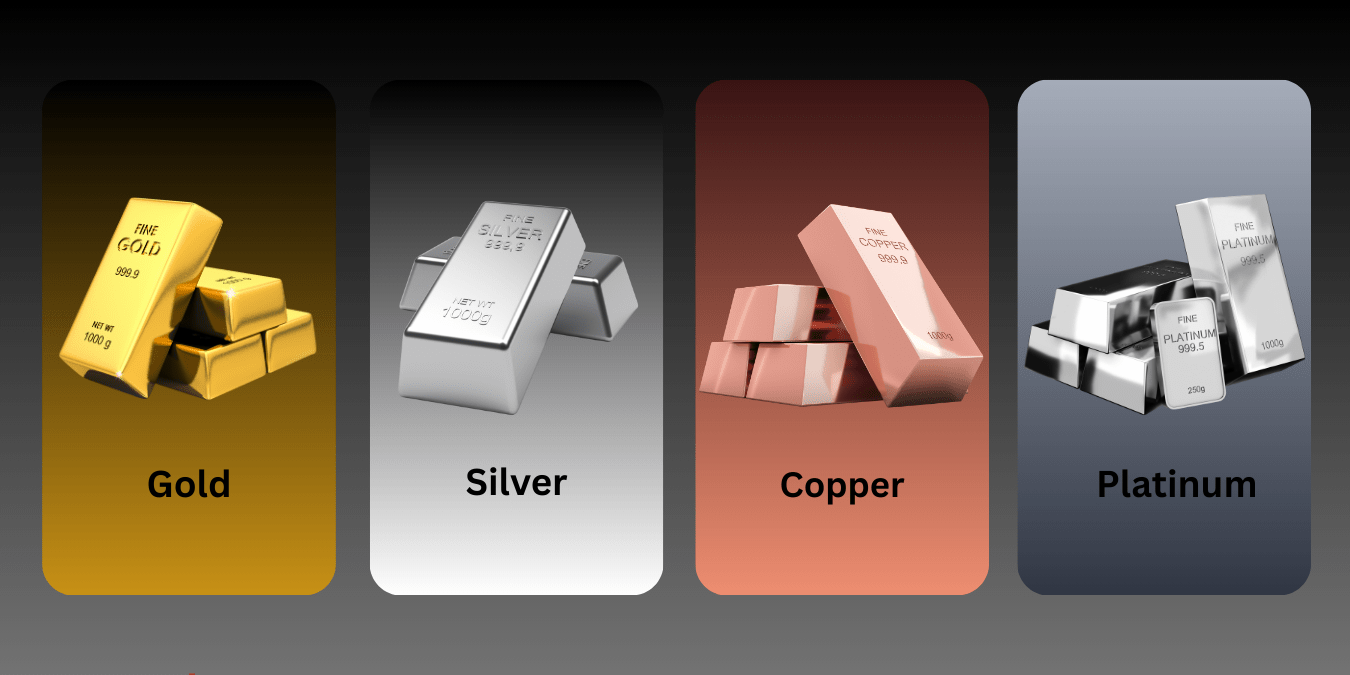
22K Gold Price Hyderabad Bengaluru Today: Compare with Delhi Mumbai for Smart Buys
-

Indian Stock Market Trends: Is This The Start Of A New Cycle For Sensex, Nifty 50 And Bank Nifty?

